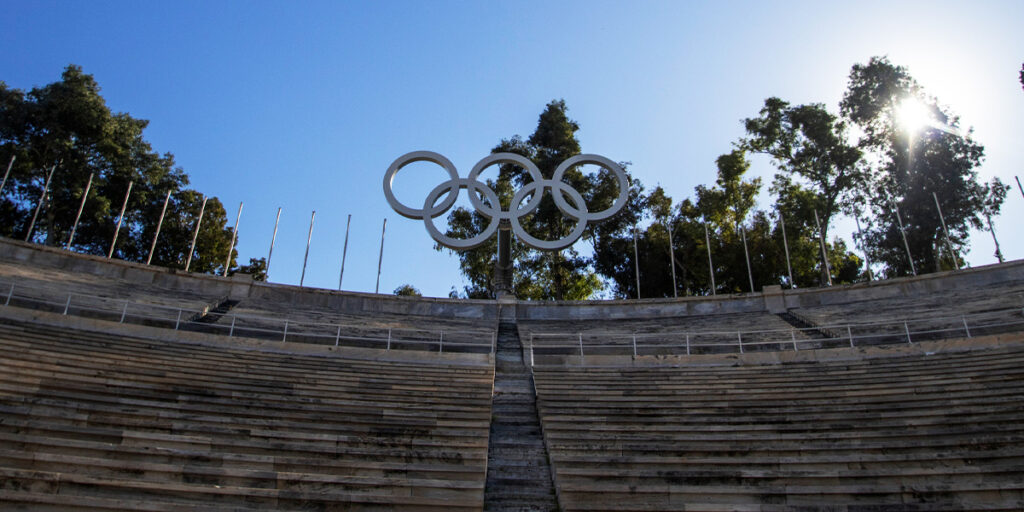We live in a massively complex world. Our world has proven to be much flatter as information and events travel much faster and reach further and easier than ever. Look no further than last night’s actions taken in Syria. A geo-political conflict with missiles launched. Within seconds the news broke and spread like wildfire across the globe. This news instantly took the futures on the S&P 500 down 10 points and caused Gold and Silver to rally. The major difference today vs. 20 or 30 years ago is the speed of information flow and algorithmic trading.
Today, news breaks instantly and some trading algorithms are programed to find key words like “Missile”, “US bombs” etc. Those algorithms immediately trigger large-scale sell orders on the S&P 500 futures market and buy orders in the Metals Market. Makes sense on the surface, bad news event is bad for markets right? But other than very short-term fluctuations, seemingly large-scale negative news events or headlines are not worth anything more than exactly that, short-term fluctuations. If you look back over the past 60 years of Market data and plot out large scale “negative” and “positive” events and then compare what short-term, medium and longer-term implications those events actually had, you actually find statistically that those “events” are NOT positively correlated to what you think the market should do. In other words, as an investor these news events should not be driving factors when making investment decisions.
Using a great example given by Robert Prechter in his recent book “The Socionomic Theory of Finance”; what investment decision would you make if you where to get the newspaper the day before the awful 1963 day when JFK was shot? A US president being assassinated ranks pretty high as far as a negative news event, so selling stocks if invested on the long side, or selling short stocks if a speculator would be the normal decisions based on that preconceived bad news. Well 1 trading day after JFK was assassinated a short seller would be underwater losing money, and an Investor who sold all their stocks, would be forced to begin buying them all back at higher levels!
There are dozens if not hundreds of examples like this where the Market does not do what seems natural based on the “news”. We know this goes against human nature, we have all made a knee-jerk decision based on ‘fear’ and that decision has ultimately been the wrong one. Sometimes this even happens on the positive side right? The news flow is so positive that the ‘fear of missing out’ can be very detrimental. Tulip Mania was built on just that.
Nothing above dismisses the emotional or human or political feeling and component all of us have had regarding last night’s bombing in Syria. Together, we are going to go through more of these moments this year and for the years to come. It is our job to strip-out the emotional, human, and political feelings and remain vigilant in our research and analytical investment discipline. This is what has successfully driven our investment strategies in your portfolio, not the “news”.
All attention has been directed at the geopolitical event, all while they snuck the monthly jobs report for March in this morning: an addition of 98,000 jobs. In our work, that is not what we would like to see, and really this was the first bad report dating back to May of 2016. Now just like last May, one report does not make a trend, but we will absolutely be watching this closely.
Have a great weekend!
Mike Harris






